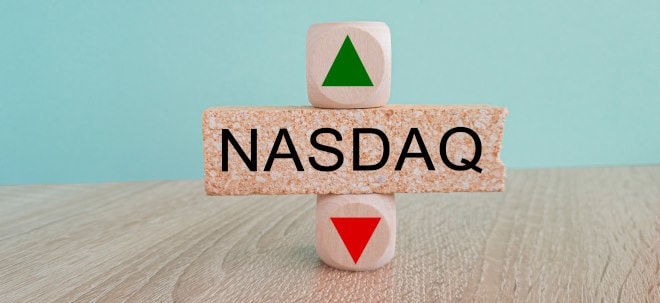On behalf of Chad Edward Cos LLC posted in Business & Commercial Bankruptcy on Tuesday, March 12, 2013.
When they fall on hard times, many individuals and businesses choose bankruptcy as a way of achieving debt relief. But bankruptcy is not always voluntary. Sometimes creditors file a bankruptcy petition against a company in an attempt to collect. In response, the company can petition for a bankruptcy plan that differs from the one sought by creditors.
That was the case for a company involved in the planned development of 43 acres of waterfront property in southwest Baltimore. Inner Harbor West LLC is a company that was started specifically for the Westport Waterfront project. But, as many business owners know, major real estate development projects carry high financial risks.
Two of Inner Harbor West's creditors filed a Chapter 7 petition against the company. That means the creditors wanted the company to liquidate its assets to pay off debt. But while Chapter 7 is right for some companies and individuals, Chapter 7 is not a reorganization bankruptcy. Reorganization bankruptcies such as Chapter 11 and Chapter 13 have different criteria than Chapter 7.
Chapter 11 is also a common form of business bankruptcy that lets the company stay in business while a restructuring plan is put in place. Another aspect of Chapter 11 is that a trustee is usually named by the court to supervise the company's repayment plan.
In this particular case, Inner Harbor West, after facing an involuntary Chapter 7 bankruptcy, chose to petition to have that bankruptcy converted to a Chapter 11 filing. Earlier this month, the bankruptcy judge decided to allow for that conversion. Now Inner Harbor West will be able to submit a repayment plan to the court and continue business operations.
|


 Thread abonnieren
Thread abonnieren

